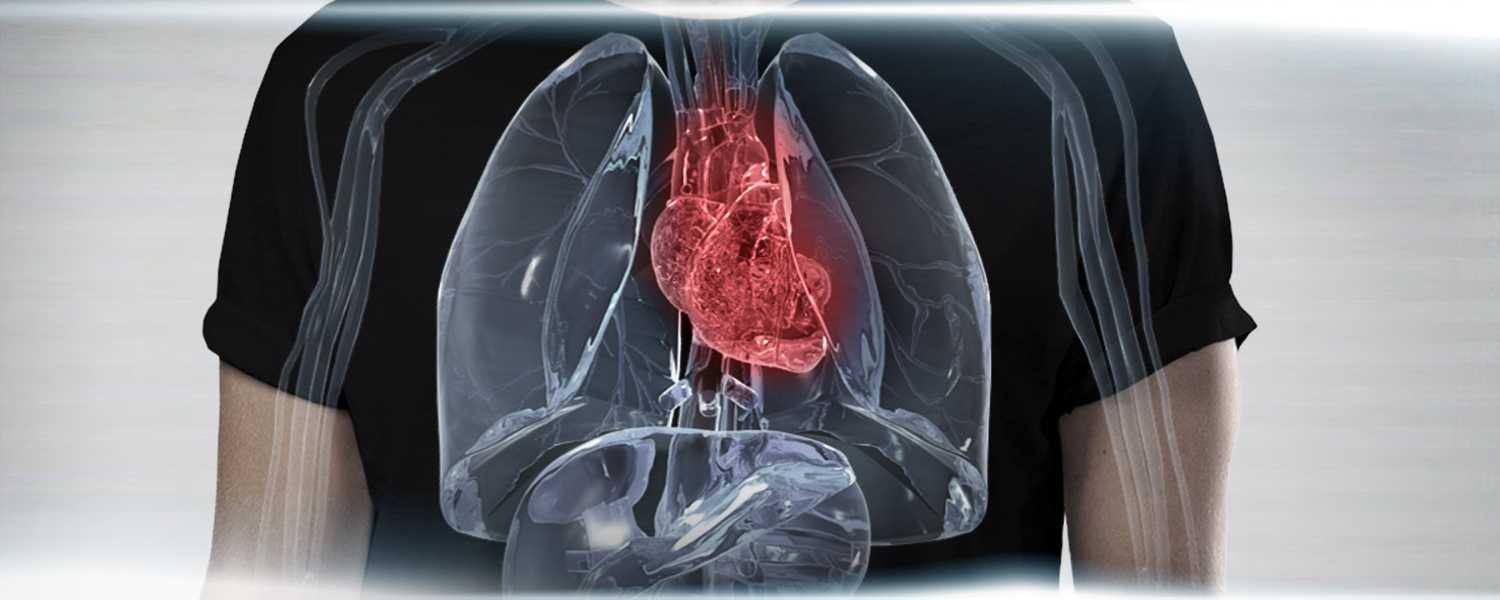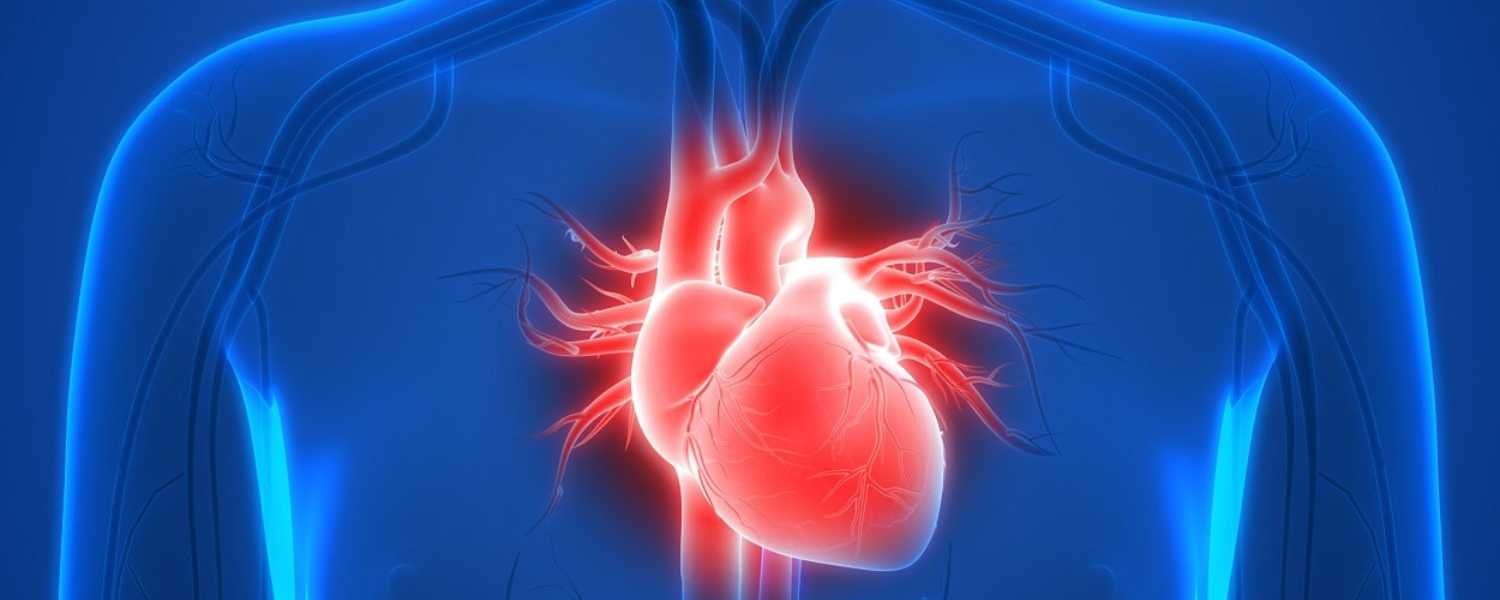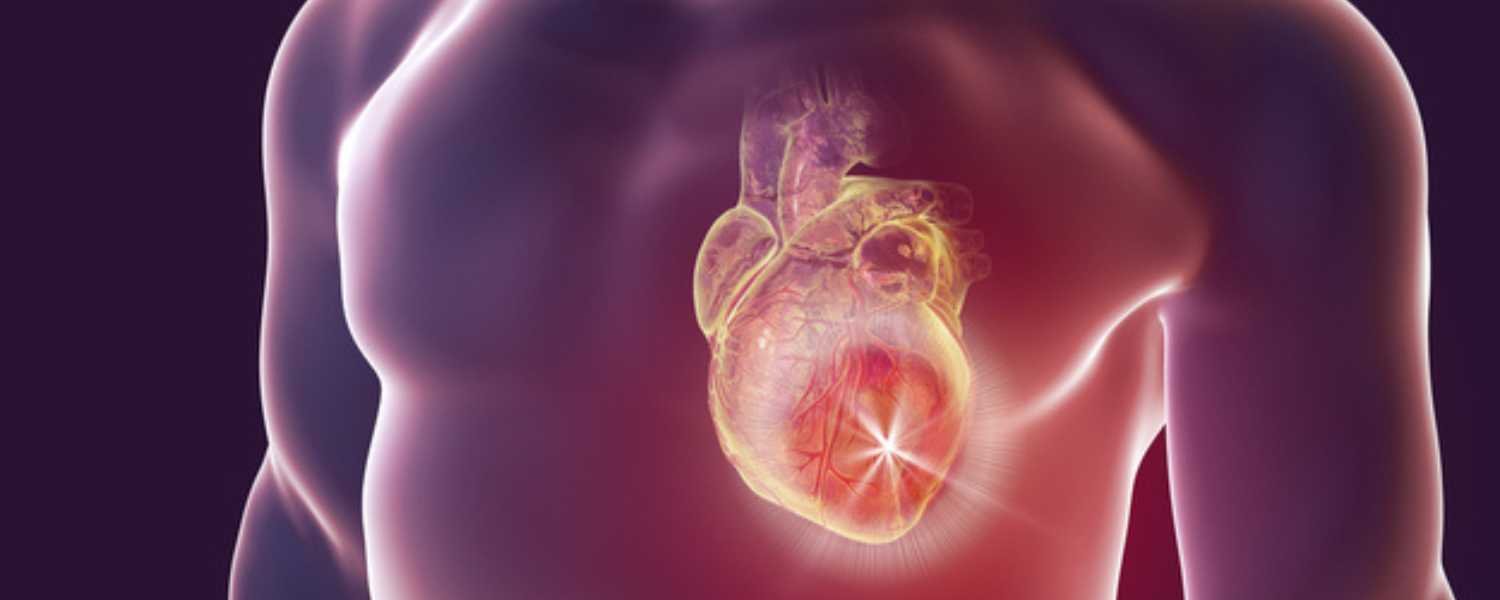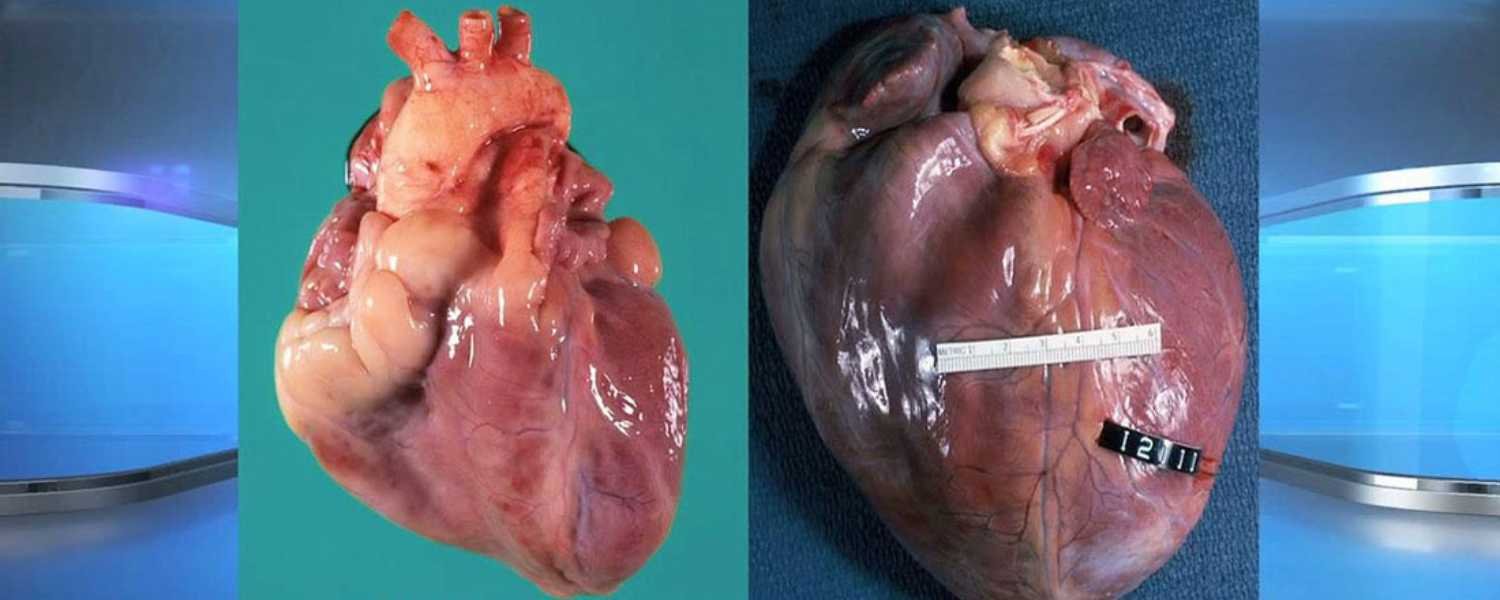Your cart is currently empty!
Drug abuse inflicts significant damage on the human body, particularly on vital organs like the heart. The influence of substance misuse on cardiovascular well-being is profound, ranging from irregular heartbeats to increased blood pressure and even life-threatening conditions like heart attacks. Recognizing the signs of drug abuse is crucial to prevent further damage to the heart. Amidst the grim reality of drug abuse, there is hope for recovery. Can your heart heal from drug abuse? This question prompts us to explore the journey of healing, where evidence suggests that with commitment, support, and professional guidance, the heart can regain its strength and functionality alongside the rest of the body and mind.
The Influence of Substance Abuse on Cardiovascular Health

Drug abuse takes a devastating toll on the human body, particularly on vital organs like the heart. Recognizing the signs of drug abuse is crucial to prevent further damage to the cardiovascular system. From irregular heartbeats to increased blood pressure, the effects of drug abuse on the heart can vary in severity, with some resulting in life-threatening conditions like heart attacks.
However, amidst the grim reality of drug abuse, there is hope for recovery. The question arises: can your heart heal from drug abuse? While the journey to recovery is complex and challenging, evidence suggests that the heart can heal with the rest of the body and mind. As individuals break free from addiction and embrace healthier lifestyles, the cardiovascular system may gradually regain its strength and functionality.
Recovery from drug abuse is a holistic process that requires commitment, support, and professional guidance. By addressing the underlying issues driving substance abuse and adopting positive habits, individuals can pave the way for healing not only in their hearts but in every aspect of their lives. Remember, seeking help and embarking on recovery is never too late.
Impact of Drug Abuse on the Heart

Drug abuse wreaks havoc on the heart, manifesting in a plethora of cardiovascular issues. Recognizing the signs of drug abuse and understanding its treatment options are pivotal steps toward healing and recovery.
One of the most immediate effects of drug abuse on the heart is the escalation of heart rate. Substances like cocaine, amphetamines, and methamphetamines can send heart rates soaring, placing undue strain on this vital organ. Concurrently, drug abuse often triggers spikes in blood pressure, which can inflict lasting damage on blood vessels and compromise heart muscle integrity.
Moreover, irregular heart rhythms, or arrhythmias, frequently accompany drug abuse, elevating the risk of potentially life-threatening events such as strokes or heart attacks. Chronic abuse, particularly with substances like heroin, can inflict irreversible harm by weakening the heart muscle and impeding its ability to pump blood efficiently.
The culmination of these physiological disruptions translates into a heightened susceptibility to heart attacks, as drug abuse fosters the formation of blood clots, arterial inflammation, and vessel constriction.
While the toll of drug abuse on the heart is undeniable, there remains hope for recovery. Can your heart heal from drug abuse? Drug abuse treatment encompasses multifaceted approaches tailored to individual needs, offering avenues for healing and restoration. By acknowledging the signs of drug abuse and seeking appropriate interventions, individuals can embark on a journey toward reclaiming their heart health and overall well-being.
Signs Of Heart Damage From Drugs

Detecting indications of substance abuse in the workplace is essential for upholding a secure and efficient environment. While some signs may be subtle, addressing them promptly is critical to prevent further harm. Here are common indicators to watch out for:
1. Changes in Behavior: Employees exhibiting irregular behavior patterns, such as sudden mood swings, irritability, or unexplained absences, could be signaling underlying drug use.
2. Physical Symptoms: Keep an eye out for physical signs like dilated pupils, bloodshot eyes, tremors, or unexplained weight changes. These could be indicative of drug use or addiction.
3. Performance Issues: Decreased productivity, frequent mistakes, or declining work quality may be red flags of drug abuse impacting job performance.
4. Attendance and Punctuality: Consistently arriving late, leaving early, or frequently calling in sick without valid reasons could suggest substance abuse issues.
5. Interpersonal Relationships: Strained relationships with coworkers, conflicts, or isolation tendencies might indicate underlying drug-related problems affecting social interactions.
6. Physical Appearance: Pay attention to changes in personal hygiene, grooming habits, or sudden deterioration in appearance, as these could be signs of neglect associated with drug use.
Recognizing these signs early on is crucial for intervention and support. Employers should establish clear policies regarding substance abuse, offer employee assistance programs, and provide education on recognizing and addressing drug-related issues in the workplace. By cultivating a nurturing atmosphere and promoting transparency and communication, organizations can help employees seek help and overcome drug addiction effectively. Remember, early intervention saves lives and promotes a healthier workplace culture.
Can Your Heart Heal From Drug Abuse?

Drug abuse takes a toll not only on the mind and body but also on the heart. However, there is hope for those struggling with addiction. The decision to quit drugs is the first step toward healing, and it can have profound effects on heart health.
Recognizing the signs of drug abuse is crucial in seeking help and embarking on the journey to recovery. Early intervention is critical, from physical symptoms like high blood pressure and abnormal heart rhythms to behavioral changes.
Once the decision to quit is made, the healing process begins. With proper medical care and support, the heart can start to repair itself over time. Research shows that ceasing drug use, particularly substances like methamphetamine can reverse damage to the heart.
While some effects of drug abuse may be permanent, many can improve with sobriety and healthy lifestyle changes. Within months of quitting, blood pressure and heart rhythms may return to normal levels. Additionally, the heart muscles can strengthen, and the risk of heart disease may significantly decrease with sustained sobriety.
Can your heart heal from drug abuse? Yes, it can. Drug abuse treatment is essential in addressing not only the addiction but also the physical and emotional consequences it brings. Individuals can reclaim their lives and nurture their hearts to health through therapy, medical care, and support networks.
While the journey to recovery from drug abuse may be challenging, it is possible to heal the heart and regain overall well-being. With resolve, assistance, and adequate resources, individuals can overcome addiction and thrive in a life free from substance abuse.
Illegal Drugs & Heart Damage

Drug abuse casts a dark shadow not only on mental and physical well-being but also on the health of one’s heart. The signs of drug abuse may vary, but the toll it takes on the cardiovascular system remains consistent. Understanding the implications of substance abuse on heart health is paramount in seeking effective. Can your heart heal from drug abuse drug abuse treatment and prevent irreversible damage?
Alcohol, a prevalent substance of abuse, inflicts substantial harm on the heart. Chronic alcohol consumption escalates blood pressure, paving the way for heart diseases and strokes. Similarly, tobacco consumption narrows blood vessels, heightening blood pressure and cardiovascular strain while also fostering arterial plaque accumulation, a precursor of heart attacks and strokes.
Prescription drugs, when misused, pose an additional threat to heart health. Opioids, for instance, coerce the heart into overdrive, culminating in potential heart damage and failure. The illicit realm isn’t spared either; cocaine’s tumultuous effect on heart rhythm and methamphetamine’s assault on blood vessels significantly amplify the risk of heart ailments.
Furthermore, the collateral damage from substance abuse, such as poor nutrition and sedentary lifestyles, compounds the risk of heart disease, underscoring the urgent need for comprehensive, can your heart heal from drug abuse treatment.
While the heart’s resilience is remarkable, it is susceptible to the destructive effects of drug abuse. However, with timely intervention and a commitment to sobriety, the heart possesses remarkable regenerative potential. It’s imperative to recognize that the journey to healing from drug abuse entails not just freeing the mind and body but also nurturing the heart back to health. Can your heart recover from drug abuse?
How Drugs Affect The Heart

Drug abuse doesn’t just harm the mind; it can also wreak havoc on the heart, with potential consequences ranging from irregular heartbeats to long-term damage and even cardiac arrest. Recognizing the signs of drug abuse is crucial, as is understanding the potential for heart-related complications and the avenues for treatment.
The effects of drug abuse on the heart can be profound. Opioids, for instance, can lead to respiratory depression, diminishing oxygen supply to the heart and setting the stage for cardiovascular issues. Stimulants like cocaine can send the heart into overdrive, increasing the risk Signs of Heart Damage from Drugs. These direct impacts are compounded by the lifestyle choices often associated with drug abuse, such as smoking and poor diet, which further elevate the risk of heart disease.
However, there is hope for those struggling with drug abuse. Treatment options exist, ranging from medical interventions to therapy and support groups. Not all medications harm the heart; some prescribed drugs can improve cardiovascular health when used correctly under medical supervision.
So, can your heart heal from drug abuse? While the journey to recovery may be challenging, the heart can regain its health with the proper support and interventions. By raising awareness of the risks, recognizing the signs, and seeking appropriate treatment, we can work towards protecting both our hearts and our overall well-being from the damaging effects of drug abuse.
Heart-Healing Lifestyle Tweaks Post-Addiction

After overcoming addiction, your heart deserves some extra attention. Can your heart heal from drug abuse? It takes a toll on your cardiovascular system, but you can promote healing and regain optimal heart health with the proper steps. Here’s how you can nurture your heart back to wellness and address the question, “Can your heart heal from drug abuse?”
Recognize Signs of Drug Abuse
Before delving into recovery methods, it’s crucial to acknowledge the signs of drug abuse. Understanding these signs empowers individuals to seek help and embark on the healing journey. Indicators might include behavior shifts, mood fluctuations, neglect of responsibilities, and physical health deterioration.
Embrace a Heart-Healthy Diet
A nutrient-rich diet lays the foundation for heart health recovery. Focus on incorporating omega-3 fatty acids, antioxidants, and whole grains into your meals. These nutrients assist in restoring injured tissues and reducing inflammation caused by drug abuse. Remember to hydrate adequately with water, promoting overall cardiovascular well-being.
Prioritize Exercise
Consistent exercise is vital for fortifying the heart and improving overall well-being. Engage in moderate exercises such as walking, jogging, or cycling to enhance cardiovascular function. Exercise boosts heart health, alleviates stress, and enhances mood, crucial aspects of recovery.
Practice Self-Care
Self-care plays a pivotal role in post-addiction recovery. Cope with stress by practicing relaxation methods such as yoga and meditation. Prioritize sufficient sleep, limit alcohol consumption, and steer clear of tobacco products. Surround yourself with a circle of supportive people. Invested in your well-being, fostering a positive environment for healing.
Seek Drug Abuse Treatment
Professional assistance is instrumental in addressing underlying issues contributing to drug abuse. Explore therapy options and support groups tailored to your needs. Seeking treatment provides invaluable resources and guidance on the path to long-term recovery.
Incorporating these lifestyle changes fosters holistic healing, allowing your heart to recover from the adverse effects of drug abuse. By prioritizing self-care, nutrition, and exercise, you pave the way for a healthier, happier life beyond addiction. So, yes, can your heart heal from drug abuse with the right approach and commitment to recovery?
Find Support for Drug Addiction to Begin Your Path to Recovery

Are you struggling with drug abuse? Recognizing the signs and taking action to start your healing journey is essential. It can help your heart heal from drug abuse, but it requires proactive steps and professional support.
Recognizing the Signs of Drug Abuse
The initial stride toward healing involves recognizing the indicators of drug abuse. Whether it’s changes in behavior, physical health, or social interactions, being aware of these signs is crucial in seeking help.
Seeking Professional Treatment
Recovery begins with seeking help from professionals who can guide you. Whether you need inpatient or outpatient treatment, detox, therapy, or medication-assisted treatment, options are tailored to your needs. Launch Centers offers personalized treatment plans to give you the best chance at success.
The Road to Recovery
The journey to recovery may not always be easy, but by confronting your addiction and prioritizing your health, you can your heart heal from drug abuse. Help and hope are available, and taking the first step towards seeking help is vital. Remember, overcoming drug addiction is a journey worth taking for a healthier and brighter future.
Starting Your Healing Journey
If you’re ready to begin your journey towards a healthier, happier life, contact Launch Centers today. With their support and guidance, you can take control of your life and overcome drug abuse. Remember, the road to recovery starts with seeking help—don’t wait any longer to begin your health & wellness journey.
conclusion
In conclusion, the toll of drug abuse on cardiovascular health is undeniable, with devastating effects ranging from irregular heart rhythms to long-term damage and potential cardiac events. However, amidst this grim reality, there is hope for recovery. Through early recognition of the signs of drug abuse, commitment to a holistic healing journey, and accessing professional support and treatment options, individuals can embark on a path toward reclaiming their heart health and overall well-being.
While the journey to recovery may be challenging, it is undoubtedly worth undertaking. Research indicates that the heart possesses remarkable regenerative potential with cessation of drug use, proper medical care, and adoption of healthier lifestyles. By tackling the underlying reasons for substance misuse, embracing positive habits, and seeking appropriate interventions, individuals can not only heal their hearts but also transform their lives.
Remember, it’s never too late to seek help and initiate healing. With resolve, encouragement, and adequate resources, individuals are capable of overcoming addiction, nurturing their hearts back to health, and thriving in a life free from the grips of substance abuse.
